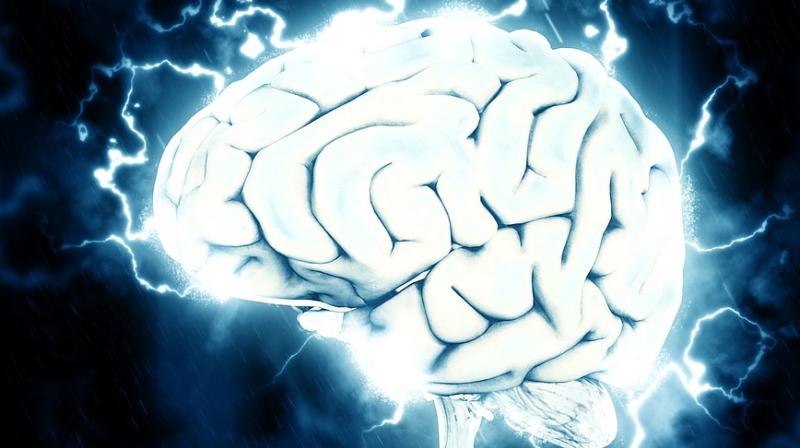Traumatic brain injuries raise later dementia risk

During the first year after a traumatic brain injury (TBI), the risk of developing dementia rises four- to six-fold, according to a large Swedish study that followed millions of people age 50 or older for decades.
People who experienced moderate, severe and repeated TBIs were at the greatest risk, and overall, the odds of a dementia diagnosis decreased over time. Those odds were still significantly higher, however, for people with a history of TBI even 30 years after the injury when compared to people who had never experienced TBI, the study team reports in PLoS ONE.
“Hopefully the potential impact of head injuries with respect to long term outcomes will be a little more in the spotlight as a result of the study,” coauthor Peter Nordstrom of the department of community medicine and rehabilitation at Umea University told Reuters Health by email.
TBI usually happens when a sudden bump, blow or jolt to the head causes the brain to bounce around inside the skull, damaging brain cells, leading to chemical changes in the brain, or both. The mildest form of TBI is a concussion.
Many studies have tried to confirm a link between brain injury and later dementia, but they have had mixed results, the authors note.
In the current study, researchers found that overall, the risk of dementia was increased by about 80 percent during an average 15-year follow-up period after a traumatic brain injury.
“I think this study is one of the strongest pieces of evidence to date that this relationship exists,” said Patrick Frost Bellgowan of the U.S. National Institute of Neurological Disorders and Stroke in Bethesda, Maryland, who wasn’t involved in the research. “The study’s strength is its size and quality of the data,” he said in a telephone interview.
“It is not going to inform us about concussion in young people and subsequent neurodegeneration,” Frost Bellgowan noted. “The study has hints of that, but the data is very sparse. We’ll have to wait decades to find out.”
Nordstrom and a colleague examined the medical records of 3,329,360 men and women in Sweden over age 50 looking for diagnoses of dementia and any history of TBI.
Between 2005 and 2012, they found, 164,334 people had been diagnosed with TBI and had no prior diagnosis of dementia and 136,233 individuals were diagnosed with an unspecified dementia. Both groups were matched with groups of similar but healthy control subjects. A third study group consisted of 46,970 sibling pairs, one of whom had experienced TBI and the other had not.
Overall, 6.3 percent of the people who had ever experienced TBI and 3.6 percent of the rest of the study population were diagnosed with dementia. In both categories, those diagnosed with dementia also had other strong risk factors for dementia that included their age, alcohol use, early retirement and depression.
The association between dementia and TBI was stronger for people diagnosed with dementia before age 65 than for those diagnosed later in life. The association between TBI and dementia in the siblings group was similar to that of the other two groups, and researchers found no notable differences between men and women.
During the first year after a mild head injury, the risk of developing dementia was 3.52 times higher than for people who had no TBI. Although this risk subsequently declined, it remained 25 percent higher three decades later, especially for vascular dementia, compared to someone who never had a TBI.
Among the study’s limitations, the authors note, is that the results are based on observation only, so they cannot prove that TBI causes increased dementia risk.
“There seems to be a relationship between TBI and dementia, but it will be tough to personalize it,” Frost Bellgowan said.
In the future he hopes that scientists will learn whether there are different types of dementia that arise from a TBI, or if the injury causes a unique type of dementia.
“The public should react with caution to this study and press for more research,” said Donald Stein, director of the Brain Research Lab in the emergency medicine department at Emory University School of Medicine in Atlanta, who wasn’t involved in the study. “Don’t allow children to start sports too young and prevent them from getting cumulative injuries,” Stein told Reuters health in a telephone interview.

